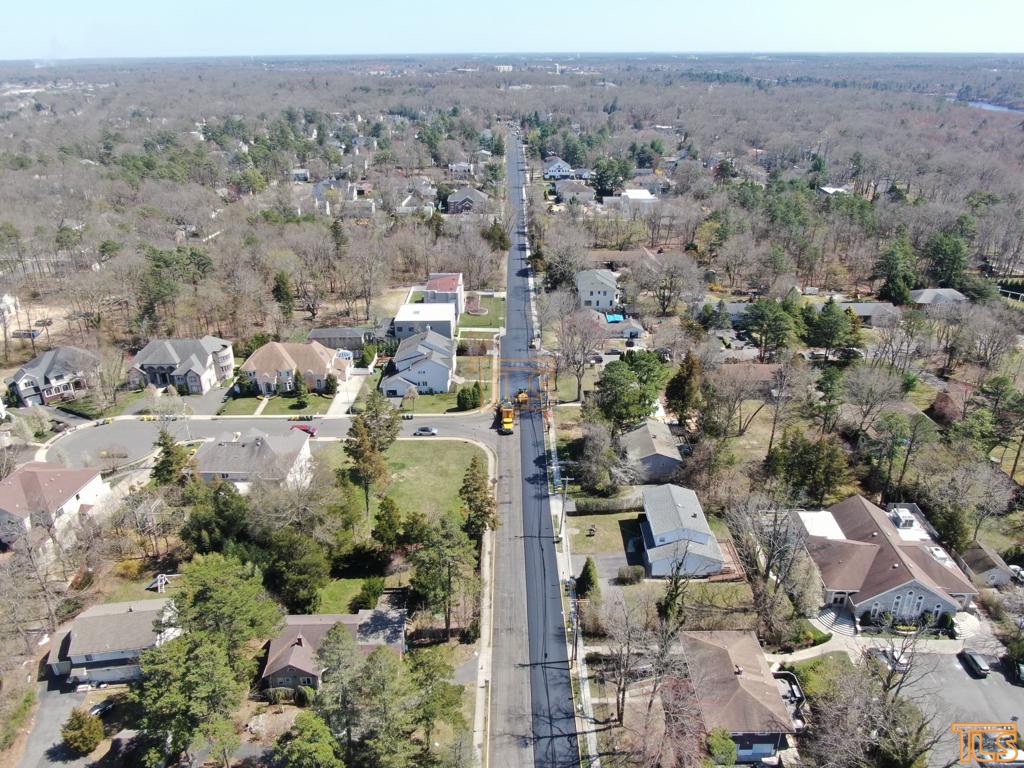According to a 2019 study by Rutgers University in conjunction with the NJDOT, roadway construction and maintenance in New Jersey costs an estimated $183,757 per lane mile, excluding debt service.
When interest payments on bonds are added in, the total cost increases to an average of $212,927 per lane mile.
It’s therefore no wonder that townships across the state are seeking ways to maximize road usage while finding ways to minimize the man-hour costs of maintenance evaluation.
Presently, Lakewood is planning to implement a program that would utilize AI to perform these evaluations.
Vialytics is the company that provides the system Lakewood plans to use, and is already used by several municipalities across the state, including Ewing, Metuchen, and Edison, as well as many other governments worldwide.
According to the company, their system operates off of a dashcam phone system that photographs every few meters as the surveyor drives through a town.
These images are then fed into an AI program that evaluates cracks, potholes, and a list of 15 other damage categories that may need to be addressed.
The information can be sorted as well to filter the worst damage to address the most severe issues more quickly or in many other ways to help Department’s of Public Works evaluate their needs.
Until now, many municipalities, Lakewood included, have been doing this evaluation manually, using many precious man hours in the process.
Residents are still and will continue to be able to report potholes or road issues by calling in as well.


I’m just here looking for asinine commentator’s thoughts on this news.
Lakewood to Use AI [Robots] to Repair Damaged Roads
Lakewood Township will begin using AI, specifically robots – to repair the town’s roadways, in order to bring down the increasing high costs of road repair work.
“Lakewood can’t keep up with the high costs of road repair work,’ said Steven Beepstein, the newly hired Chief Robot, who will lead the
1000-strong crew of robots tasked with filling the potholes and sealing the road cracks all over town. “As unfair as this may seem to me and my fellow robot employees, robots work free of charge, thereby saving the township millions of dollars in employee wages.”
Mr. Beepstein conceded to reporters that the robots’ batteries and power packs will need to be changed on a weekly basis, but he insisted that “the relatively low cost of robot maintenance far outweighed the high costs of hiring humans to fix the roads.”
Additionally, the chief robot noted that, “Robots work on weekends, and we don’t need vacation time, or meals – so the Township is definitely going to save a bundle using the robot community to fix the roads.”
The chief automaton also said that the Township is contemplating using AC, namely, Artificial Cement, in lieu of real cement, to fix the broken roads.
“Playdough and old, sticky sewage from the town’s sewer systems are excellent forms of Artifical Cement that can be used to fill potholes and cracks at an incredibly low price, compared to real cement,” he said.
Mr. Beepstein also hinted that Lakewood may soon eliminate all of the town’s roadways and replace them with artificial, animated roadways that can only be accessed virtually, on the internet.
“The entire Lakewood township will be transformed into an artificially intelligent arcade game,” he said. “Reality will be a thing of the past. It may seem eery at first, but it will definitely save the township a lot of money.”
Mr. Beepstein then told the press pool that he needed to be excused because he needed to use the ‘Recharger Room’.
“I hope the cleaning crew wiped clean all of the seats in the recharger rooms,” he said. “Hygeine is of utmost importance to me.”
“I’ll see you all tomorrow,” he told the press pool, “At 10:00 AM, they upload all of my software and driver updates via my internal USB ports,” he said. “So I’ll be free to talk with all of you at around 11:00 AM, robot time.”